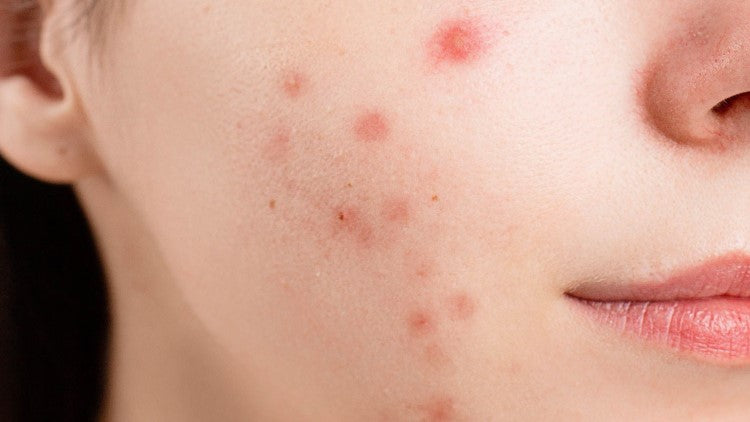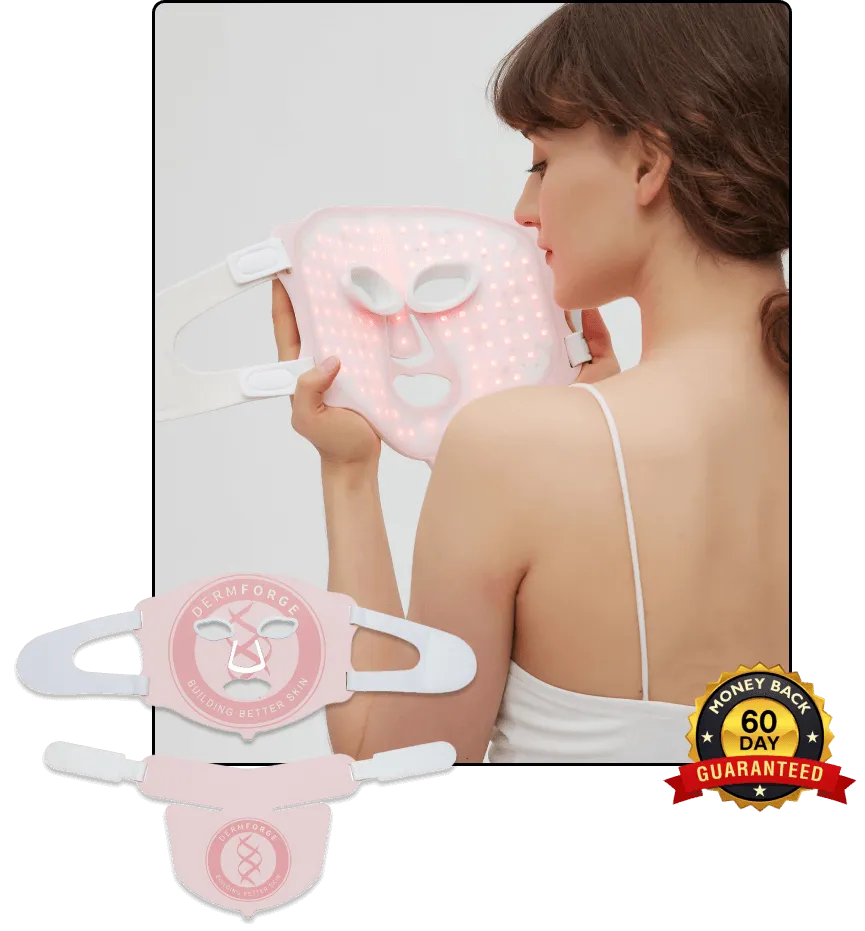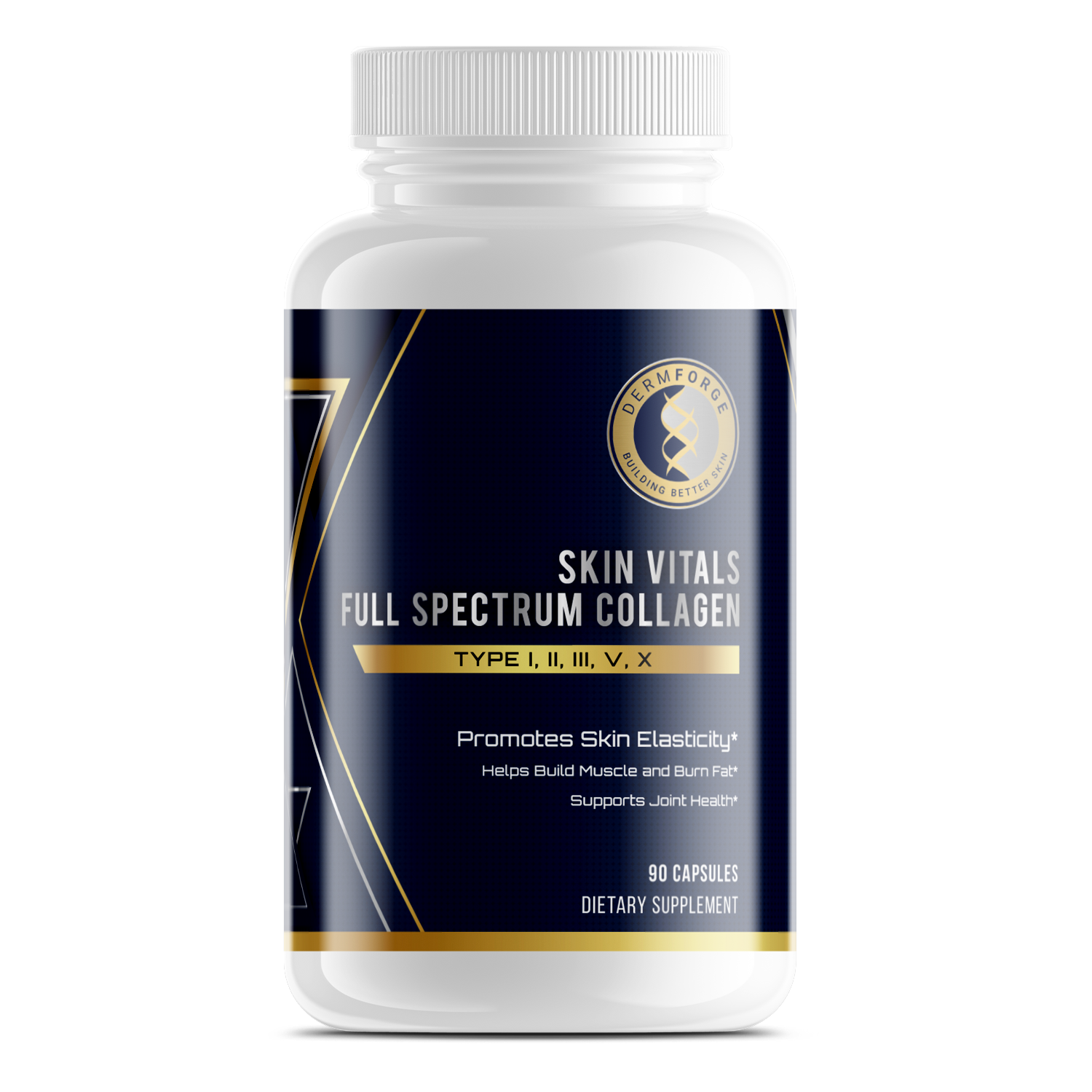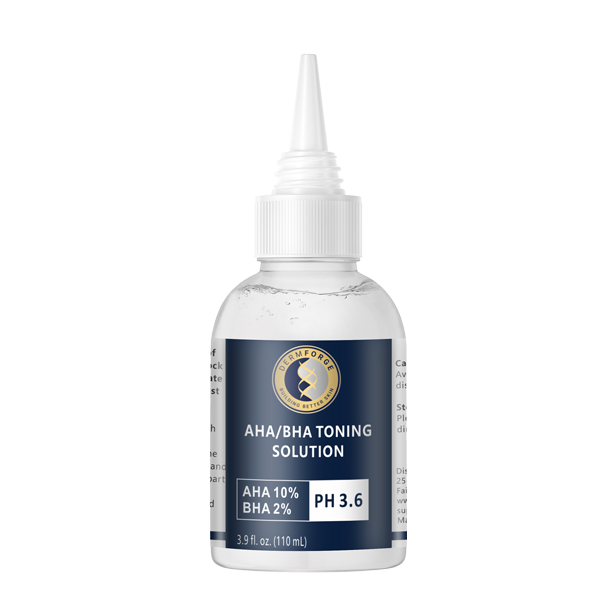Dealing with acne-prone skin can feel overwhelming, but the right approach makes a big difference. Understanding effective tips for acne-prone skin helps you manage breakouts and improve your overall skin health. However, success requires more than just using skincare products.
Your daily habits, including diet, stress management, and hygiene, play a significant role in keeping your skin clear. Additionally, choosing the right products and treatments tailored to your skin type is essential. With consistency and patience, you can create a routine that supports healthier, clearer skin.
By combining smart lifestyle choices with targeted skincare, you address both the causes and effects of acne. Whether you’re managing occasional blemishes or persistent breakouts, small changes can lead to noticeable results. Your skin deserves care that works with its unique needs.
Understanding Your Skin Type
Understanding your skin type is essential for managing acne effectively. Acne-prone skin often produces excess oil, leading to clogged pores and breakouts. However, not all acne-prone skin behaves the same. Some people experience dryness alongside acne, while others may have sensitivity that reacts to harsh products. Knowing your skin type helps you select treatments that work with your skin’s unique needs.
To identify your skin type, pay attention to how your skin feels throughout the day. If it appears shiny or greasy, you likely have oily skin. If your skin feels tight or flakes easily, it may lean toward dryness. Combination skin shows oiliness in some areas, like the T-zone, and dryness elsewhere. Additionally, sensitive skin often reacts to products with redness or irritation, which can complicate acne care.
Choosing products that match your skin type is one of the best tips for acne-prone skin. For oily skin, look for lightweight, oil-free formulas. For dry or sensitive skin, opt for hydrating and calming ingredients like ceramides and aloe vera. Additionally, avoid pore-clogging ingredients and fragrances that can trigger breakouts or irritation.
By understanding your skin type, you can create a routine tailored to your needs. This approach not only minimizes breakouts but also supports your skin’s overall health. The better you know your skin, the more effective your acne management will be.
Choosing the Right Skincare Products
Choosing the right skincare products is essential for managing acne-prone skin. Selecting gentle, non-comedogenic options helps prevent clogged pores and irritation. A good cleanser is your first step, as it removes dirt, oil, and makeup without stripping your skin. Additionally, look for a product with salicylic acid if you want to address blackheads and clogged pores more effectively.
Treatments with active ingredients like benzoyl peroxide and niacinamide are also valuable for reducing breakouts. Benzoyl peroxide targets acne-causing bacteria and reduces inflammation, while niacinamide soothes redness and regulates oil production. However, use these treatments sparingly to avoid over-drying your skin. Introducing one active ingredient at a time helps you monitor your skin’s reaction.
Moisturizers are just as important, even if your skin feels oily. Non-comedogenic, lightweight moisturizers provide hydration without contributing to breakouts. Additionally, pairing your routine with sunscreen protects your skin from UV damage and reduces the risk of post-acne marks. Sunscreens labeled oil-free or non-comedogenic are ideal choices for acne-prone skin.
Understanding your skin’s needs is key to building an effective routine. By choosing products with targeted benefits and avoiding pore-clogging ingredients, you can achieve better results. These tips for acne-prone skin help you manage breakouts while maintaining a healthy, balanced complexion.
The Role of Diet and Hydration in Skin Health
Your diet and hydration habits play a significant role in your skin’s health, especially if you’re prone to acne. Certain foods can trigger inflammation and excess oil production, which may lead to breakouts. However, making thoughtful dietary choices can help minimize these issues and promote clearer skin.
For tips for acne-prone skin, consider incorporating foods rich in antioxidants, vitamins, and omega-3 fatty acids. Leafy greens, berries, and fatty fish support skin health and reduce inflammation. Additionally, avoiding high-glycemic foods like sugary snacks and refined carbs can prevent spikes in insulin, which may worsen acne.
Staying hydrated is equally important for maintaining balanced skin. Proper hydration helps flush toxins and keeps your skin cells functioning efficiently. Additionally, drinking water can improve skin elasticity and reduce dryness, which may help prevent clogged pores. Pairing hydration with a balanced diet creates a foundation for better skin health.
Your eating and drinking habits significantly influence your skin’s appearance. By focusing on nutrient-dense foods and staying hydrated, you can support a clearer, healthier complexion. Simple changes to your diet can complement other acne treatments and enhance your overall skincare routine.
Building an Effective Skincare Routine
Creating an effective skincare routine is essential for managing acne-prone skin. A consistent approach can reduce breakouts and improve overall skin health. The foundation of any routine begins with cleansing, treating, and moisturizing. Each step targets specific needs, ensuring your skin stays balanced and protected.
Start by using a gentle, non-comedogenic cleanser to remove excess oil, dirt, and makeup. Cleansing prepares your skin for treatments while preventing clogged pores. Additionally, choose a cleanser with acne-fighting ingredients like salicylic acid if breakouts are a concern. Proper cleansing sets the stage for the next steps in your routine.
After cleansing, apply targeted treatments that address acne. Ingredients like benzoyl peroxide or niacinamide can reduce inflammation and kill acne-causing bacteria. However, avoid overusing these products, as they may dry out your skin. Treatments should be followed by a lightweight, oil-free moisturizer to restore hydration and protect your skin’s barrier.
Lastly, always use sunscreen during the day, as sun exposure can worsen acne and lead to dark spots. Look for non-comedogenic, broad-spectrum sunscreens to protect without clogging your pores. Incorporating sunscreen is one of the best tips for acne-prone skin, as it safeguards against UV damage and irritation.
A simple, well-structured skincare routine can make a significant difference for acne-prone skin. By addressing cleansing, treating, moisturizing, and sun protection, you create a balanced approach to clearer, healthier skin. Consistency and patience will help you achieve the best results over time.
Treatments for Stubborn Breakouts
Stubborn breakouts can be frustrating, but advanced treatments offer effective solutions. When over-the-counter options fall short, professional interventions may help. These treatments target persistent acne at its source, addressing inflammation, bacteria, and clogged pores.
Topical prescriptions, like retinoids and antibiotics, are a common choice for managing severe breakouts. Retinoids promote cell turnover, reducing clogged pores and preventing new acne from forming. Additionally, topical antibiotics combat bacteria and inflammation, offering relief for inflamed, stubborn acne. Your dermatologist can guide you in choosing the right prescription for your skin type.
Chemical peels are another option for stubborn breakouts. These treatments exfoliate the skin deeply, removing dead cells and improving skin texture. Salicylic acid peels are particularly helpful for acne-prone skin. However, these procedures should be performed by a professional to prevent irritation or damage.
Light therapy is an innovative option that uses specific wavelengths to reduce acne-causing bacteria and inflammation. Blue light therapy targets bacteria, while red light therapy soothes redness and swelling. These treatments are non-invasive and can complement your regular skincare routine. For persistent acne, combining light therapy with other tips for acne-prone skin enhances overall results.
Exploring professional treatments can provide relief when stubborn breakouts resist traditional methods. By consulting with a dermatologist and incorporating advanced options, you can address persistent acne effectively. These approaches, paired with a consistent skincare routine, help you achieve clearer, healthier skin.
Lifestyle Habits That Help Prevent Acne
Your daily habits play a significant role in preventing acne and maintaining clear skin. Managing stress is an important step, as stress can trigger hormonal changes that lead to breakouts. Practicing relaxation techniques like deep breathing, meditation, or regular exercise can help you reduce stress levels and support your skin’s health.
Proper hygiene is another key factor for clear skin. Wash your face twice daily with a gentle cleanser to remove dirt, oil, and sweat. Additionally, avoid touching your face throughout the day, as this can transfer bacteria and clog your pores. Cleaning items that come into contact with your skin, like pillowcases and phone screens, further prevents buildup.
Avoiding pore-clogging habits is one of the best tips for acne-prone skin. Use non-comedogenic skincare and makeup products that won’t block your pores. Additionally, be mindful of hairstyles or hats that trap sweat and oil near your forehead. Regularly washing your hair also reduces the risk of oil transferring to your skin.
Incorporating these habits into your routine helps create an environment where your skin can thrive. By managing stress, maintaining hygiene, and choosing skin-friendly products, you can reduce the likelihood of breakouts. Small, consistent changes in your lifestyle can lead to noticeable improvements in your skin’s clarity and health.
Conclusion
Taking care of acne-prone skin requires consistency and the right approach. By following these tips for acne-prone skin, you can reduce breakouts and improve your skin’s overall health. Managing stress, maintaining proper hygiene, and using effective skincare products all contribute to a clearer complexion.
Additionally, combining lifestyle changes with targeted treatments can address persistent acne more effectively. Remember to focus on habits that support your skin and avoid practices that may clog pores or irritate it. Small, intentional adjustments over time can make a big difference.
Your path to clearer skin starts with understanding what works best for your skin type. By staying consistent and patient, you’ll see improvements that last. Supporting your skin’s health is an investment in both confidence and long-term wellness.






